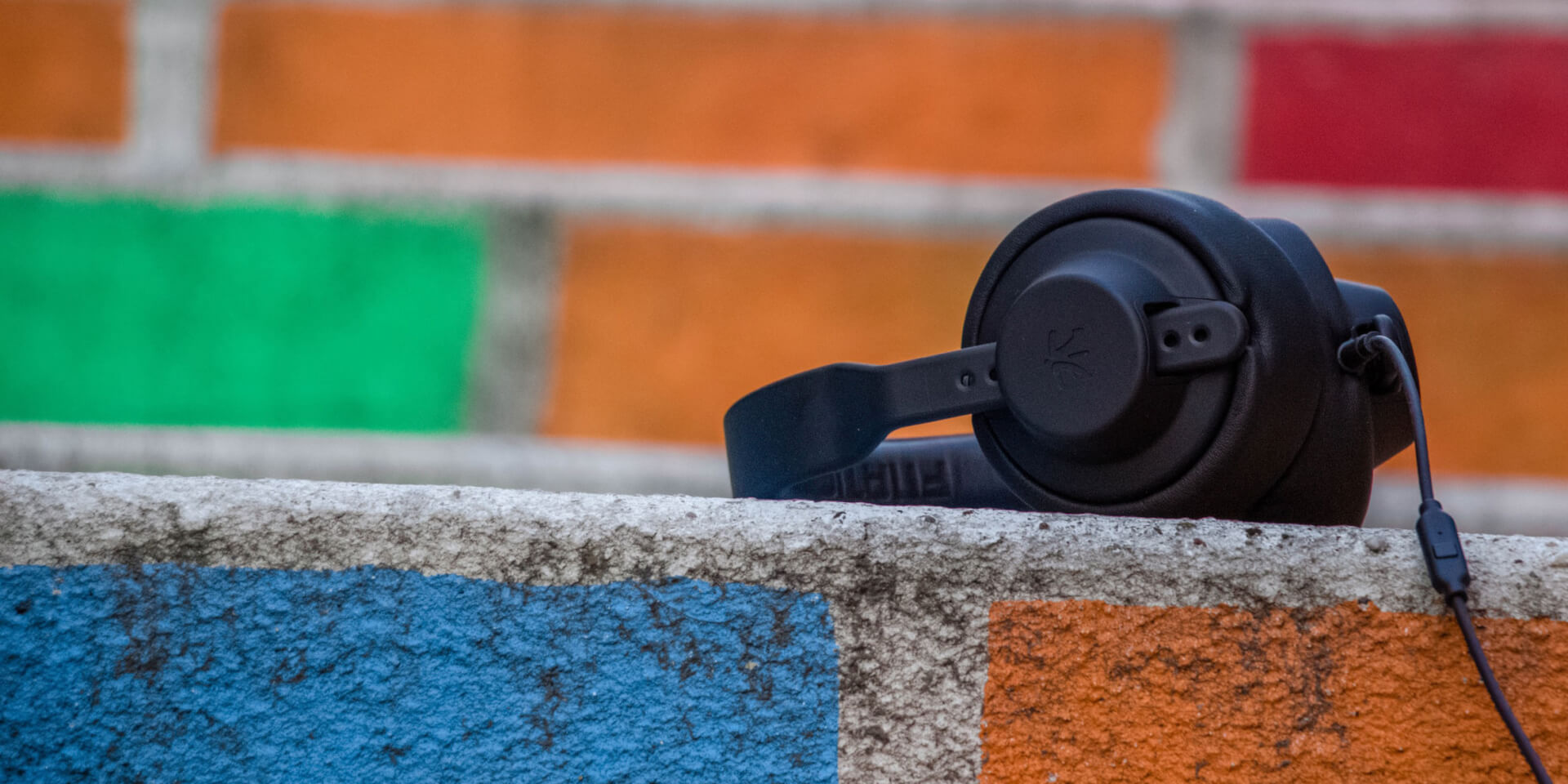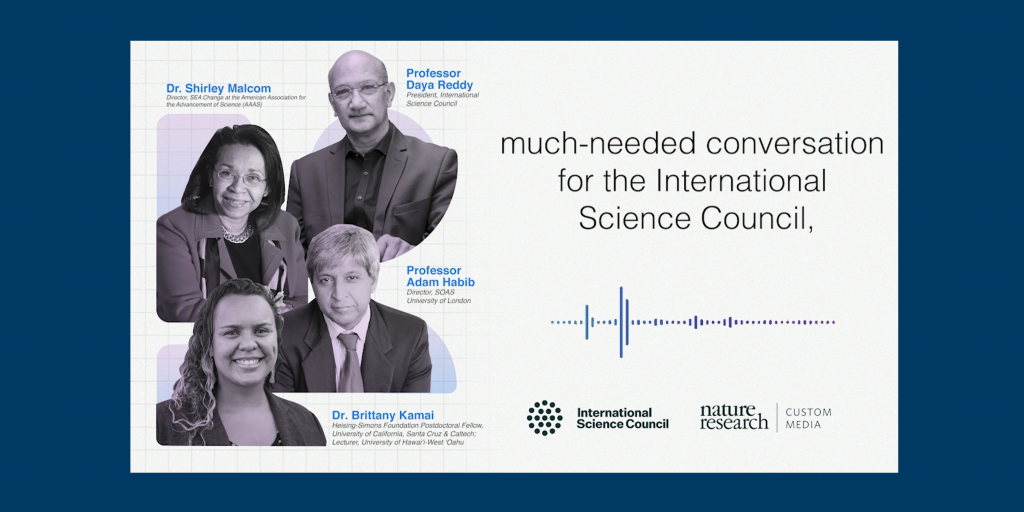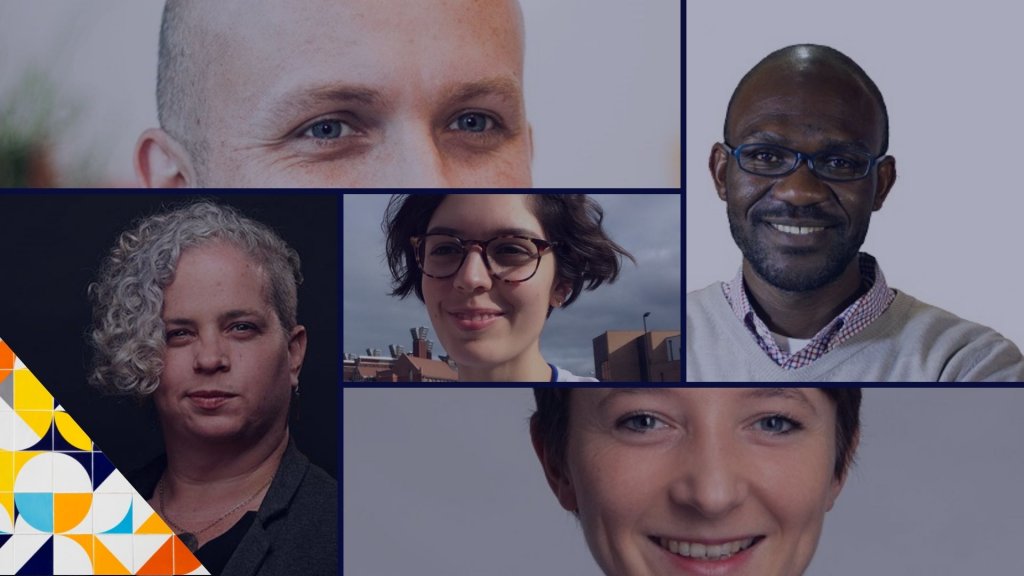
The suggestions shared were inspiring, novel and hugely diverse in terms of location, size and activities. These are organizations recommended by our Twitter community. We’re pleased to celebrate them here:
The Society for Canadian Women in Science and Technology (SCWIST) is a not-for-profit society that specializes in improving the presence and influence of women and girls in STEM (Science, Technology, Engineering, and Math) in Canada. SCWIST promotes participation and advancement through education, networking, mentorship, collaborative partnerships and advocacy. The organization has provided $11,000 in scholarships for women and has had over 9,500 participants in their youth engagement events. SCWIST has also joined other allies in speaking out against anti-Asian violence.
Many science students in Latin America lack the money and opportunities to pursue their professional dreams. These limitations can be compounded by a lack of access to the latest knowledge, a professional support network, and surrounding conditions of sexism. Ekpa’palek is an organization that empowers Latin American students through professional development, offering professional advice and mentorship to students. Ekpa’palek’s programmes focus heavily on supporting women, and people who speak Indigenous languages. Ekpa’palek also helps companies recruit young Latin American talent.
A Nature ‘Working Scientist’ podcast series featuring voices from the ISC network on the topic of diversity.

This podcast series highlights all aspects of diversity in science – asking why diversity matters, why diversity makes for better science, how to integrate diverse voices and different perspectives in research, and how to promote inclusion of less well represented or marginalized groups in science settings, including women, people of colour, LGBTQI people, people with disabilities, and people who take a non-traditional route into science. Listen here.
“Mawazo” means “ideas” in Kiswahili, and this non-profit research institute based in Nairobi, Kenya, aims to support the next generation of female scholars and thought-leaders in East Africa, and to get policy-makers and the general public engaged with their work. The institute’s programmes equip young African women to conduct high-quality research on issues affecting the continent’s development, prepare them to launch successful careers in their field, and position them to be thought leaders with influence both within and outside academia.
African Women in Agricultural Research and Development (AWARD) was founded as a career-development programme that sought to widen the pipeline of capable, influential African women scientists in leadership.
AWARD works toward inclusive, agriculture-driven prosperity for Africa by strengthening the production and dissemination of more gender-responsive agricultural research and innovation. The organization invests in African scientists, research institutions, and agribusinesses so that they can deliver agricultural innovations that better respond to the needs and priorities of women and men across Africa’s agricultural value chains.
Elevate Trust is a youth leadership and development programme that facilitates youth development in innovation, entrepreneurship and careers, under the universal theme, ‘Science Pays’. Their programmes focus on STEM education and careers, research, innovations and entrepreneurship, especially aimed towards female students, thus making progress towards promoting gender equity and equal opportunities in various STEM-related field.
The Rwanda Association For Women in Science and Engineering (RAWISE) is an association of Rwandan women who aim to promote female participation in science, technology , engineering and decision-making processes. RAWISE strongly believes that women are the largest untapped reservoir of talent in Rwanda, which is why they decided to create this association. The core importance of the association is to provide workshops for girls in STEM fields to further their skills in their respective courses, and cultivating in them the spirit of research.
The Organization for Women in Science for the Developing World (OWSD) is the first international forum to unite eminent women scientists from the developing and developed worlds with the objective of strengthening their role in the development process and promoting their representation in scientific and technological leadership. Geographically, OWSD is spread across four regions: the African Region; the Arab Region; the Asia Pacific Region and the Latin America and Caribbean Region.
OWSD provides support to women scientists throughout their careers. From undergraduate science through to PhD research, to postdoctoral studies and beyond, women can draw on OWSD members’ experience and expertise to help them through to the next stage of their career. The organization has regional and international conferences and seminars in many research fields, where women can develop writing and presentation skills, sign up to get help from a mentor, learn what it takes to become a leader or negotiate better conditions in their department. One of OWSD’s aims is that their participants should be in a position to persuade government ministers, policy-makers and heads of department that the knowledge and needs of women should be considered in the design of research projects and that women should be trained in how to use new technologies and products that could transform their working and family lives.
ISC workshop: Inclusive and accessible science communication
As part of the continuous workshop series by and for the ISC Science Communications Network, we gathered for an interactive session to discuss best practices in accessible and inclusive science communication.

Watch the recordings, download the slides, and connect with the speakers.